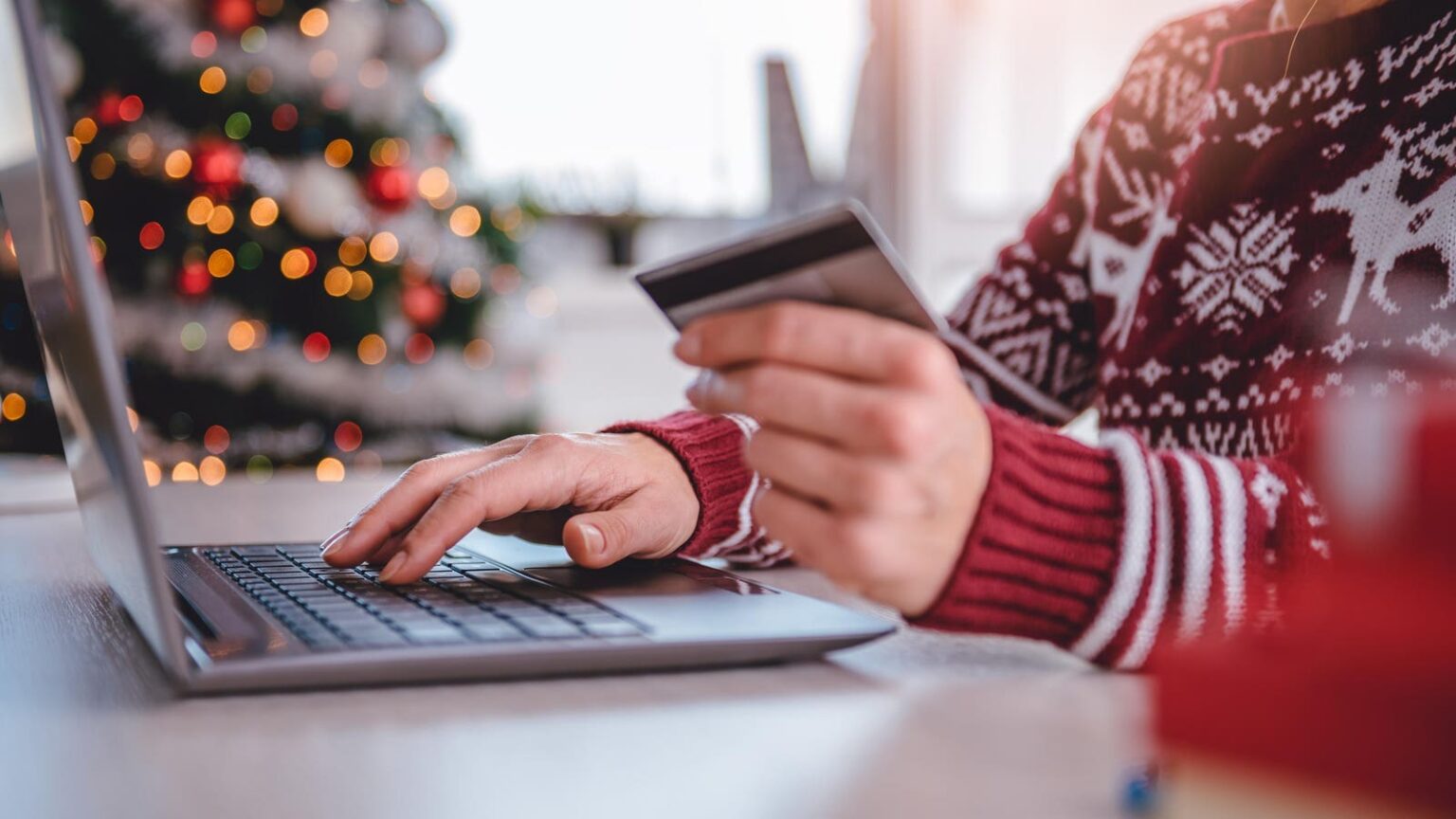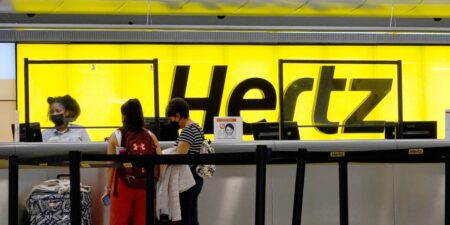The economy is humming, and consumers have been spending, but will there be enough momentum to give retailers something to celebrate in January?
After three years of above-average growth in holiday sales, the data suggests this will be at least an “okay” fourth quarter, with modest growth: three out of four consumers in a recent First Insight Survey said they expect to spend the same or less on gifts than last year.
Online research and ecommerce continue to be the leading ways that almost half of those surveyed said they prefer to shop and make purchases via that approach. Nearly 60% said their top preference is big box retailers. A Shopify/Gallup survey conducted in September found that almost half of shoppers (47%) said they expect to buy all or most of their gifts online.
“Price/deals” was the leading reason for shopping online (such as Amazon, eBay, etc.) for 58%, slightly below last year. A strong second was shipping costs, which, at 46%, was up substantially from last year at the same time.
Furthermore, better than half said the minimum promotional offer it would take to entice a purchase is between 15% and 30% off. The economy may be humming, but it would appear consumers are spending cautiously.
No surprise then that luxury as a category has been in a slump, most notably at LVMH (Louis Vuitton, Dior, Sephora), whose stock began to crater in July and is down 30% since reporting tepid growth of 1% for its third quarter. The company cited a pullback by consumers in Europe and Asia, especially China.
However, the First Insight survey found a potential sweet demographic spot for upscale retailers: 71% of Gen Z and Millennial consumers plan on purchasing luxury items this season.
Overall, online holiday sales are projected to surge almost 5% over last year’s 3.5% growth rate, according to a forecast by Adobe Analytics. Adobe said about half of online spending is expected on mobile devices, exceeding computer-based online shopping for the first time.
It seemed this year like the retail industry sort of skipped from Labor Day to Christmas, leap-frogging Halloween.
The flurry of promotional events during the summer and early fall (Amazon, Best Buy, Target, for example) may explain why a wide swath of consumers, nearly half in the First Insight survey, said they started or are planning to start their holiday shopping between Oct. 1 and Thanksgiving. Black Friday may prove to be a non-event, perhaps even a relic.
It will be interesting to see if Amazon’s stunning 13% year-over-year increase in sales for its third quarter ending Sept. 30 was a result of pulling forward holiday shopping.
It does appear that this holiday period still holds many more surprises.
Read the full article here













